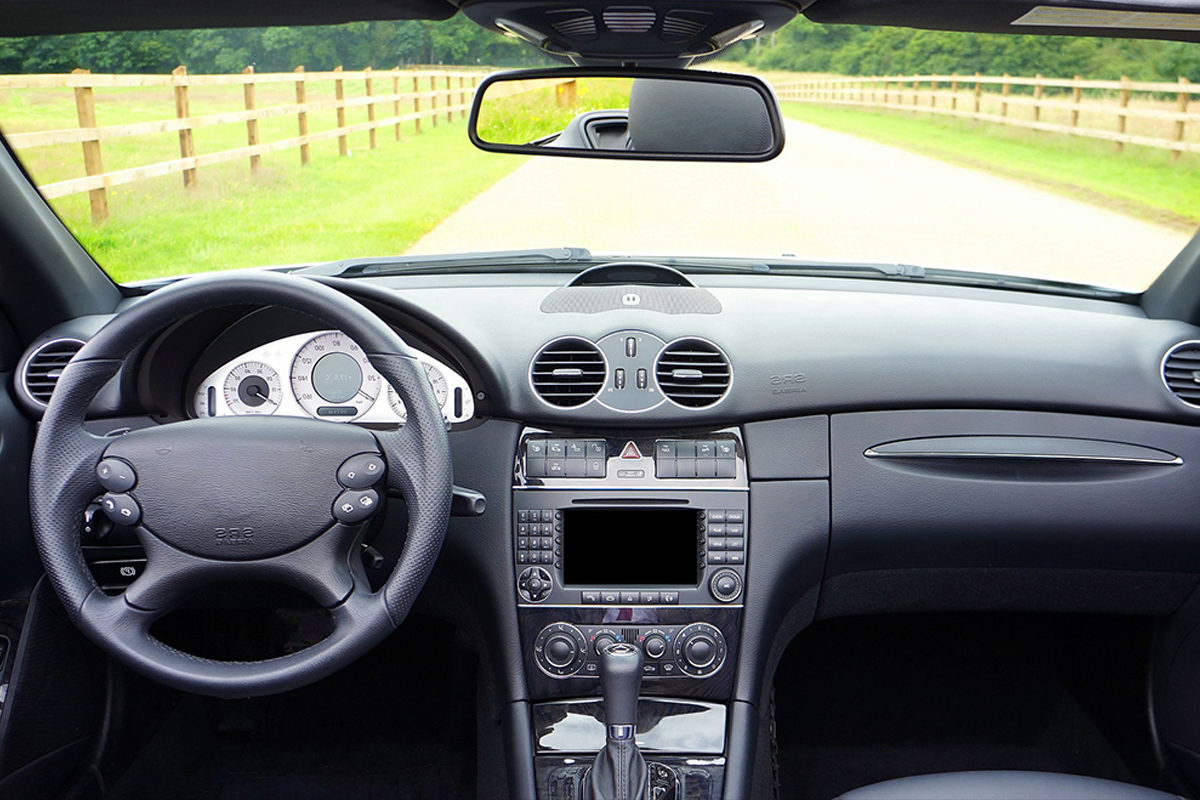UK Transport Secretary Mark Harper has made a bold proclamation, stating that driverless cars could become a common sight on UK motorways by the year 2026. He also expressed his optimism that, by the end of that same year, vehicle owners might be able to travel without the need for active supervision of their vehicle’s operations.
This announcement follows the unveiling of the UK government’s ambitious plans to enact new legislation aimed at bringing automated driving technology onto the nation’s roads. However, skeptics remain concerned about the technology’s readiness, fearing potential accidents resulting from premature deployment.
Harper, appearing on the BBC Radio 4’s Today program, shared his firsthand experience witnessing autonomous technology in action during his visit to California. His primary objective is to establish trust in a robust safety framework for autonomous vehicles in the UK.
The legislative process for the deployment of autonomous vehicles is currently in progress in the UK Parliament, and Harper is hopeful that it will successfully pass by the end of 2024. He envisions a gradual introduction of the technology, providing individuals with the choice to utilize it.
One of the most compelling advantages of autonomous driving technology is its potential to significantly reduce road traffic accidents, primarily caused by human errors. Harper highlighted that “around 88% of today’s road traffic accidents are the result of some form of driver error,” underscoring the technology’s potential to enhance road safety for drivers, passengers, pedestrians, and cyclists.
While fully autonomous vehicles have gained traction in the United States and China, the UK has taken a more cautious approach. Presently, some vehicles on the market offer driver-assist technology that can help maintain a vehicle’s position in traffic and keep it in the correct lane. However, a human driver must remain vigilant with their hands on the steering wheel, always prepared to take control.
In the UK, the Ford Mustang Mach E stands out as one of the few vehicles that allow limited hands-off driving on specific stretches of motorways in England, Wales, and Scotland. Nevertheless, Ford stresses that drivers must keep their attention on the road.
Charles Nolan, the director of Ford BlueCruise, shared his thoughts on the future of autonomous driving during an interview on BBC Radio 4 Today. He emphasized that fully autonomous driving capabilities are not yet available, highlighting the need for advancements in technology, software development, regulatory updates, and public acceptance.
In his view, the progress of technology, software, regulations, and the willingness of consumers to embrace these changes are critical factors in realizing the full potential of autonomous vehicles.
As the UK takes steps toward embracing driverless cars, the ongoing debate over safety, regulation, and societal acceptance will continue to shape the future of autonomous driving on its roads. While the year 2026 is the projected timeline for the widespread presence of fully autonomous vehicles on UK motorways, the path to this milestone remains dynamic and subject to various developments.
The promise of autonomous vehicles holds the potential to revolutionize the way we travel, offering benefits such as enhanced road safety and increased convenience. However, as the technology advances, it will be imperative to strike a balance between innovation and ensuring the safety of all road users.







